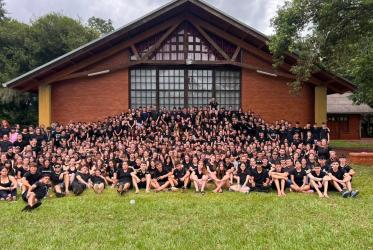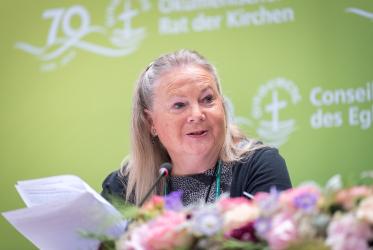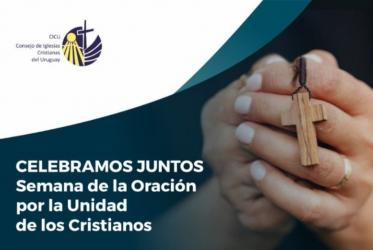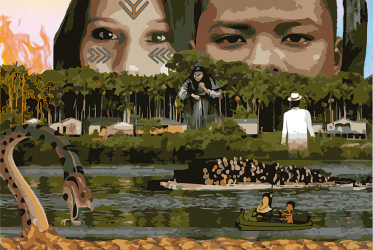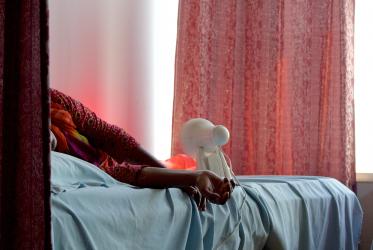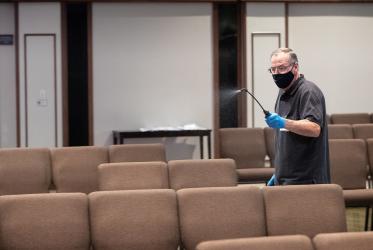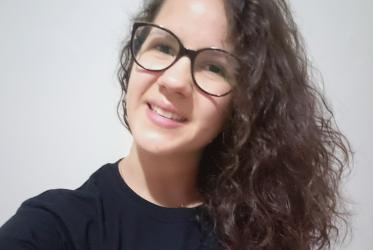Displaying 1 - 20 of 36
Prayer life of Bishop Mary Ann Swenson has deep roots
31 January 2022
In pictures: Week of Prayer for Christian Unity
01 February 2021
WCC podcast deals with death and dying
15 December 2020
Bible study addresses church identity in pandemic
17 September 2020
Larissa Aguiar Garcia: "We're opening a safe space”
26 September 2019
Peacemakers at work in Sri Lanka
29 April 2019

